AI conference a gateway to innovative future
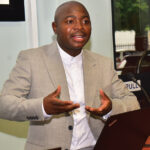
SHARE THIS PAGE!
The Minister of Information, Communication, Science, Technology and Innovation, Nthati Moorosi, announced Lesotho’s newly developed and validated Artificial Intelligence (AI) policy, emphasizing its alignment with the Africa Continental AI Strategy.
Moorosi said the policy aims to integrate AI technologies into various sectors of the nation’s economy and society, enhancing growth and innovation across the region
theReporter’s Neo Kolane had an interview with Siphiwe Mabusela, founder of Stratida, a tech companywho explained that Lesotho’s journey in technology adoption has been gradual but significant. Mabusela also noted that over the past decade, mobile telephony and internet access have expanded rapidly, laying the groundwork for digital innovation.
What is the main theme or focus of the AI Digital Shift Conference 2025?
The conference is built around the theme “AI Digital Shift: Empowering Lesotho’s Youth, Businesses, and Future.” It is about helping Basotho understand what artificial intelligence really is, and the practical tools that can improve education, business, and daily life. The goal is to demystify AI and make it relatable to a high school learner, an entrepreneur, or a teacher in Berea. It is also about sparking conversations on how AI can fit into Lesotho’s growth story without leaving people behind.
Is this the first edition of the conference?
Yes, this is the inaugural edition for Lesotho. The journey begins with a launch seminar on September 29, 2025. From there, AI will quite literally be taken on the road through a series of school roadshows, followed by pilot projects in selected schools where students will be introduced to coding and AI basics.
The grand finale will be a major conference and exhibition in the first quarter of 2026, bringing together industry players, innovators, educators, and policymakers under one roof.
It is important to note, however, that while this is Lesotho’s first edition, a similar event was held in Botswana in May this year, making the Lesotho edition a continuation of a broader regional movement.
What specific areas of AI and digital transformation will be explored?
The programme has been carefully designed to cover both the basics and the big-picture issues. On one hand, there will be introductory sessions that break down concepts like machine learning, coding, and data into bite-sized, understandable lessons. On the other hand, there will be plenary discussions on serious issues such as AI ethics, privacy, and how automation is reshaping the world of work.
There will also be masterclasses where participants learn how to use AI tools in business or entrepreneurship. And importantly, the event will showcase local talent, young innovators and start-ups showing off the AI-powered solutions they are building right here in Lesotho.
Will government or international agencies such as the United Nations and African Union be participating?
Absolutely. We are already engaging with the Ministry of Communications, Science and Technology and the Ministry of Education and Training. These government partners are key because Lesotho’s AI and digital transformation policies are still in draft form, and this conference provides the perfect platform to align grassroots voices with national priorities.
Beyond government, the initiative has also earmarked international agencies such as United Nations Development Programme and United Nations Educational, Scientific and Cultural Organization as potential partners. If these agencies come on board, it will strengthen both the credibility and the reach of the conference.
Are there national AI or digital transformation policies in place to guide innovation in Lesotho?
Lesotho has a Draft National Digital Transformation Policy and a Draft AI Policy. These documents lay out the government’s vision for how the country can embrace technology in a way that drives growth, creates jobs, and improves public services. However, they are still in draft form, which means there is room for improvement and input.
AI Digital Shift Lesotho 2025 will give young people, schools, and innovators the chance to feed their voices into those policies, making sure they are not just top-down directives but genuinely inclusive roadmaps.
What are the key objectives of this conference for Lesotho’s digital future?
We have outlined five ambitious goals that together form the backbone of the AI Digital Shift initiative.
First, we want to demystify AI by stripping away the intimidating jargon and showing people that artificial intelligence is not some distant, abstract concept, but a practical tool they can understand and use.
Second, the programme is designed to build skills, equipping young people with coding abilities, problem-solving techniques, and digital literacy that will boost their confidence and improve their chances in an increasingly tech-driven job market.
Third, it aims to create platforms for dialogue, bringing innovators, teachers, policymakers, and private sector leaders into one space to have honest, open conversations about both the opportunities and risks that come with AI.
Fourth, we plan to showcase talent, shine a spotlight on Basotho youth who are already experimenting with digital tools and creating homegrown AI-powered solutions that deserve recognition.
Finally, the initiative seeks to drive adoption, move beyond theory to practice, with pilot schools integrating AI into the classroom and small businesses exploring how it can enhance productivity.
How will the conference address public fears around AI taking over jobs or worsening unemployment in Lesotho?
This is one of the biggest concerns, not just in Lesotho but worldwide. As organisers, we are very clear that we do not want AI to be seen as a job killer. Instead, we will use the conference to show how AI can actually create opportunities.
For instance, coding classes and masterclasses will prepare young people for the kinds of jobs AI is generating globally; roles in data analysis, AI support, digital content creation, and more. At the same time, there will be open, honest conversations about the jobs most at risk and what can be done to reskill people.
By showcasing young entrepreneurs who are using AI to power their start-ups, the conference will also demonstrate that AI can fuel innovation and self-employment, not just displacement.
What steps are being taken to ensure AI is developed and deployed ethically, especially in a context with limited regulatory oversight?
Ethics is front and centre. One of the main plenary tracks will focus specifically on responsible AI, tackling questions like bias, transparency, accountability, and data privacy.
Lesotho may not yet have strong regulatory oversight in this area, but the conference intends to anchor discussions in international standards, such as UNESCO’s global recommendation on AI ethics. Workshops will produce practical toolkits for schools, start-ups, and businesses, offering simple checklists on issues like avoiding bias and ensuring human oversight.
The goal is to make ethical AI not an afterthought but the starting point of innovation in Lesotho.
What is being done to build public trust in AI, particularly in communities that are already sceptical of new technologies?
Trust has to be earned, and as the organisers, we are taking this seriously.
First, we plan to hit the road with school roadshows, showing learners and teachers simple, practical uses of AI.
Second, pilot projects in two schools will serve as living demonstrations of how AI can make learning easier and more interactive.
Third, community events and public Question and Answer sessions will give ordinary Basotho the chance to ask tough questions, dispel myths, and voice their concerns. Perhaps most importantly, we are committing to transparency: results from pilots and workshops will be shared openly, so communities can see not just the promises of AI but also its real-world impact.
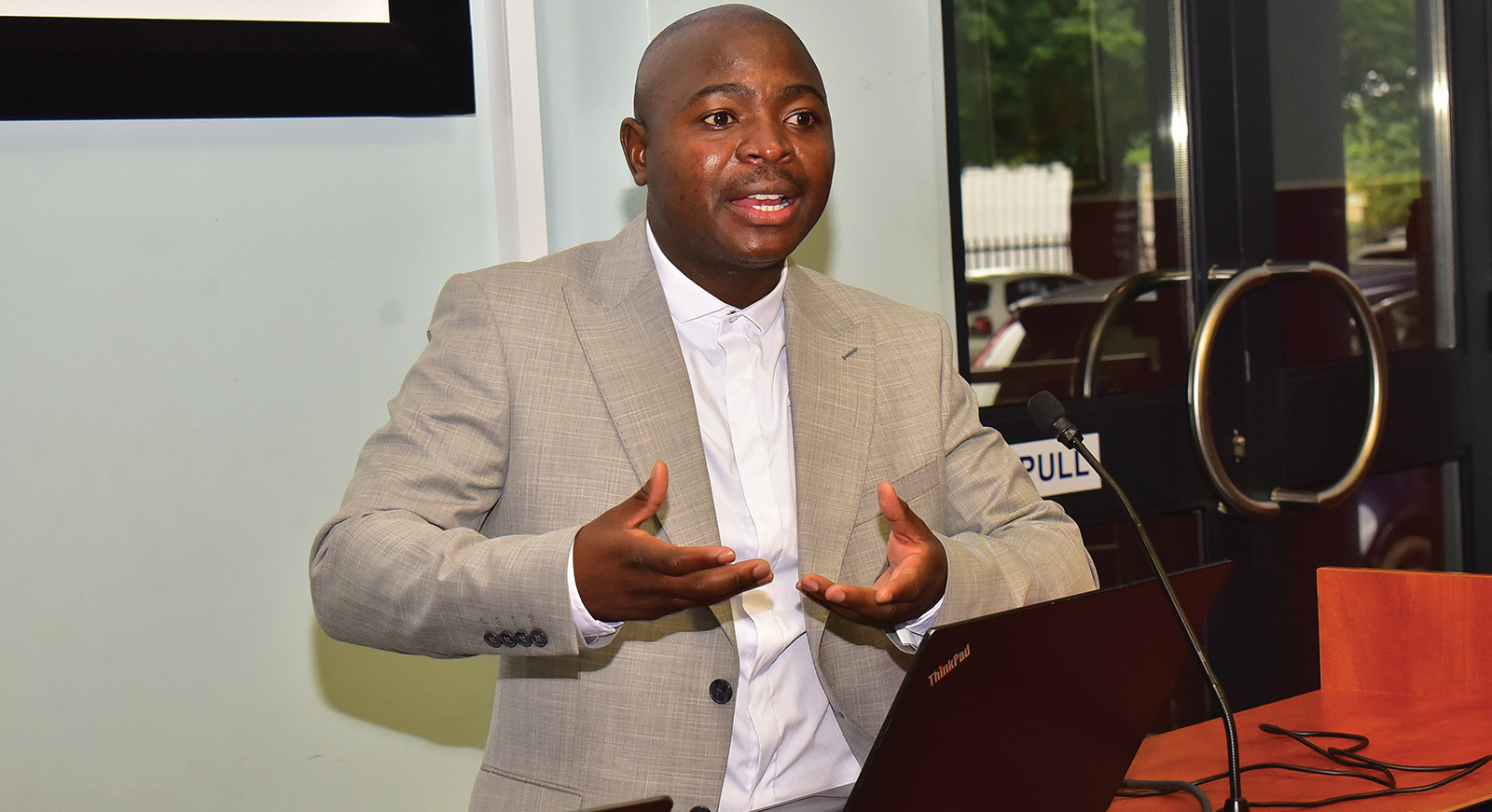
AI conference a gateway to innovative future
8 days ago
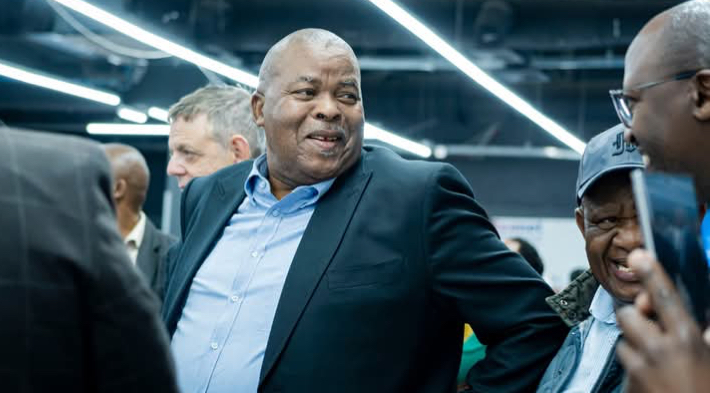
Lesotho to host regional municipal games
9 days ago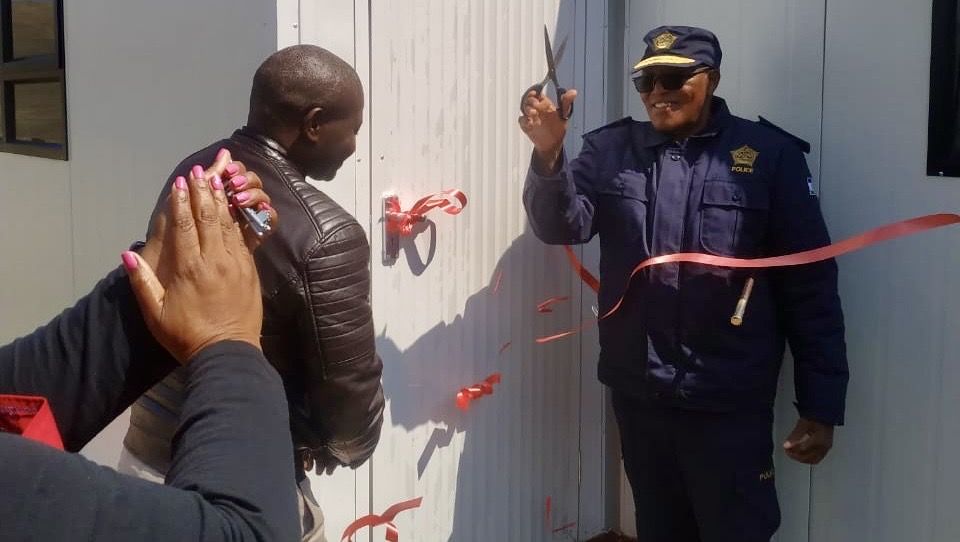
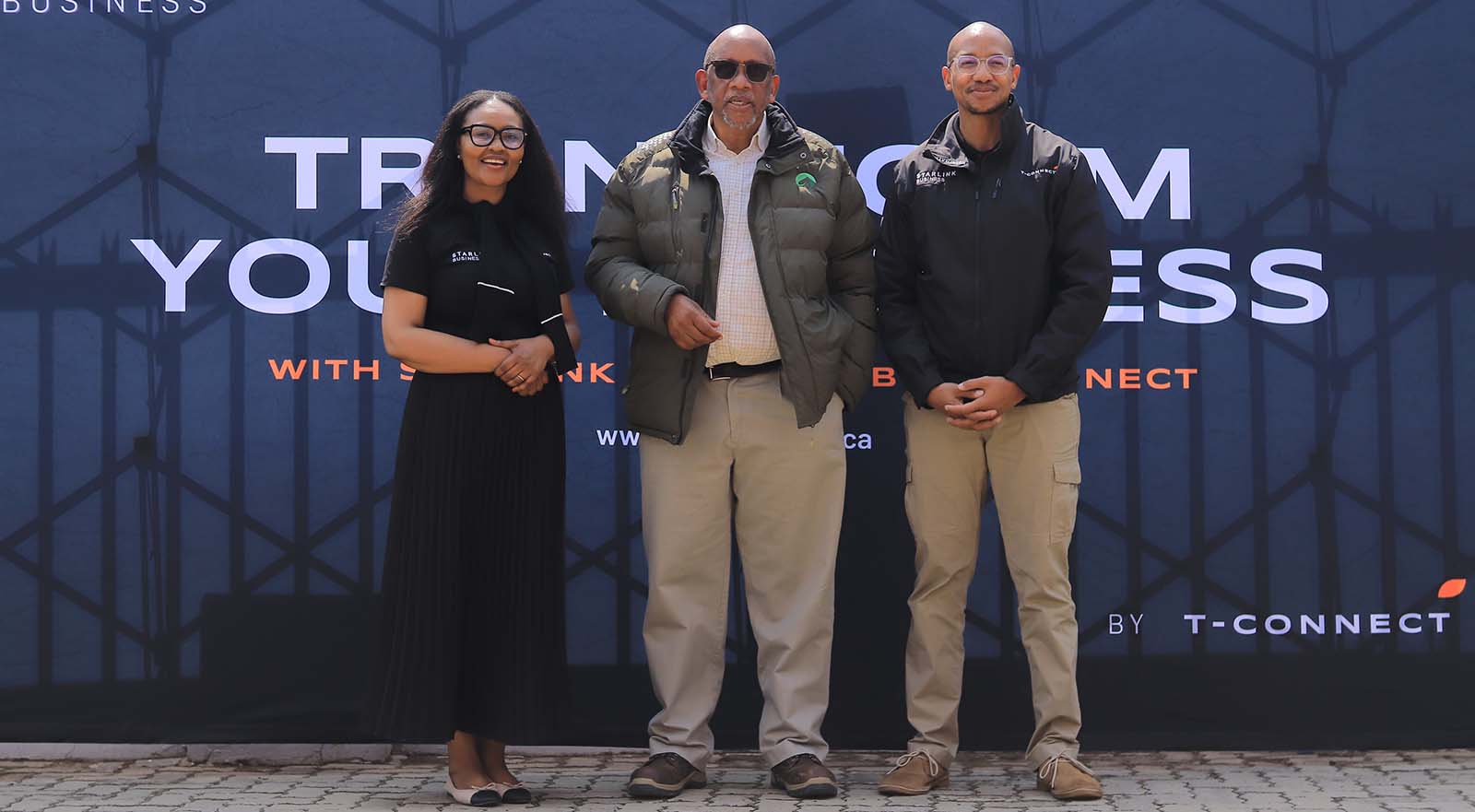

Govt accused of stifling peaceful protests
11 days ago
Loan defaulter faces court deadline
11 days ago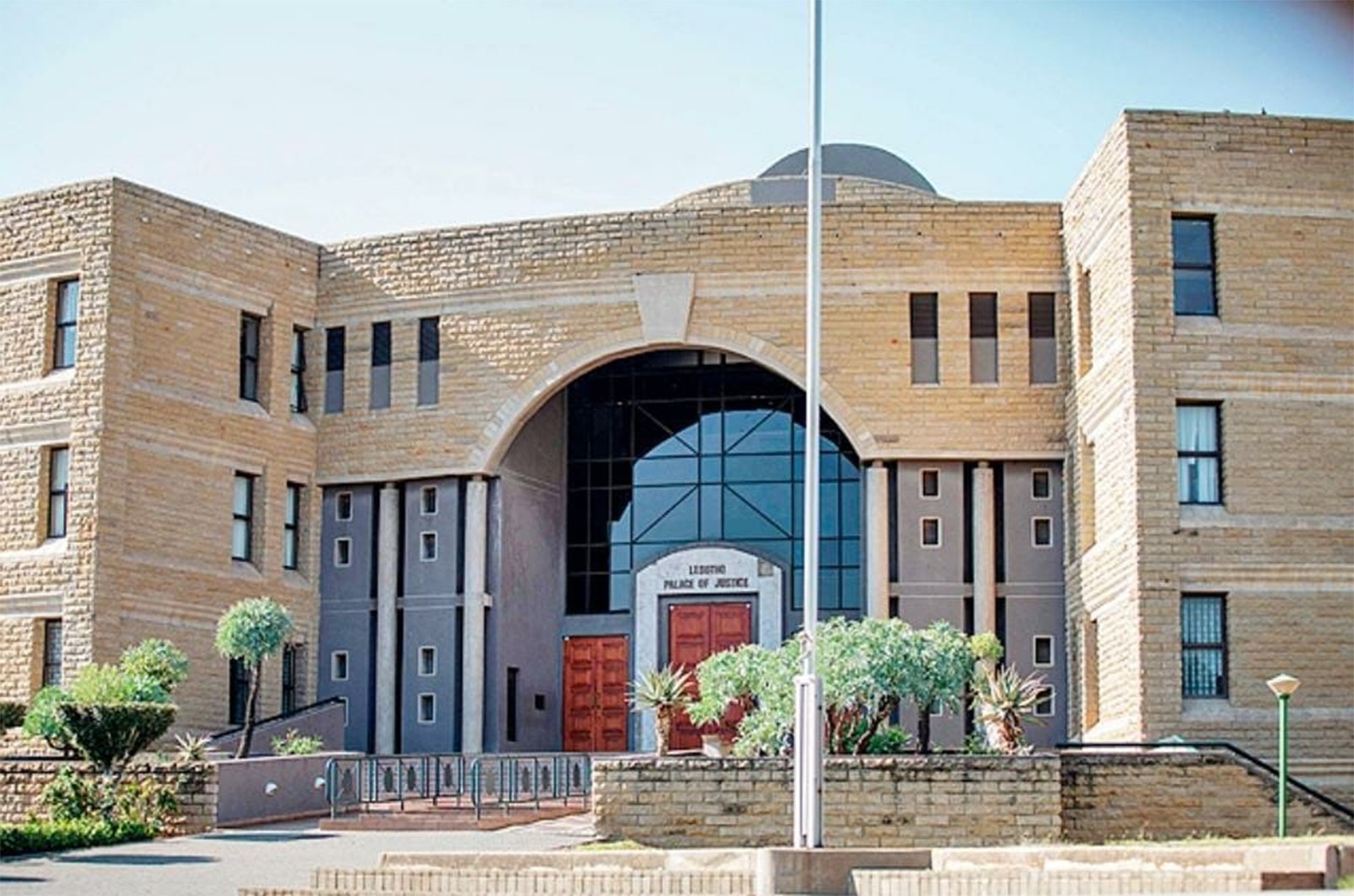
Late cop’s family appeals Letsoepa bail
11 days ago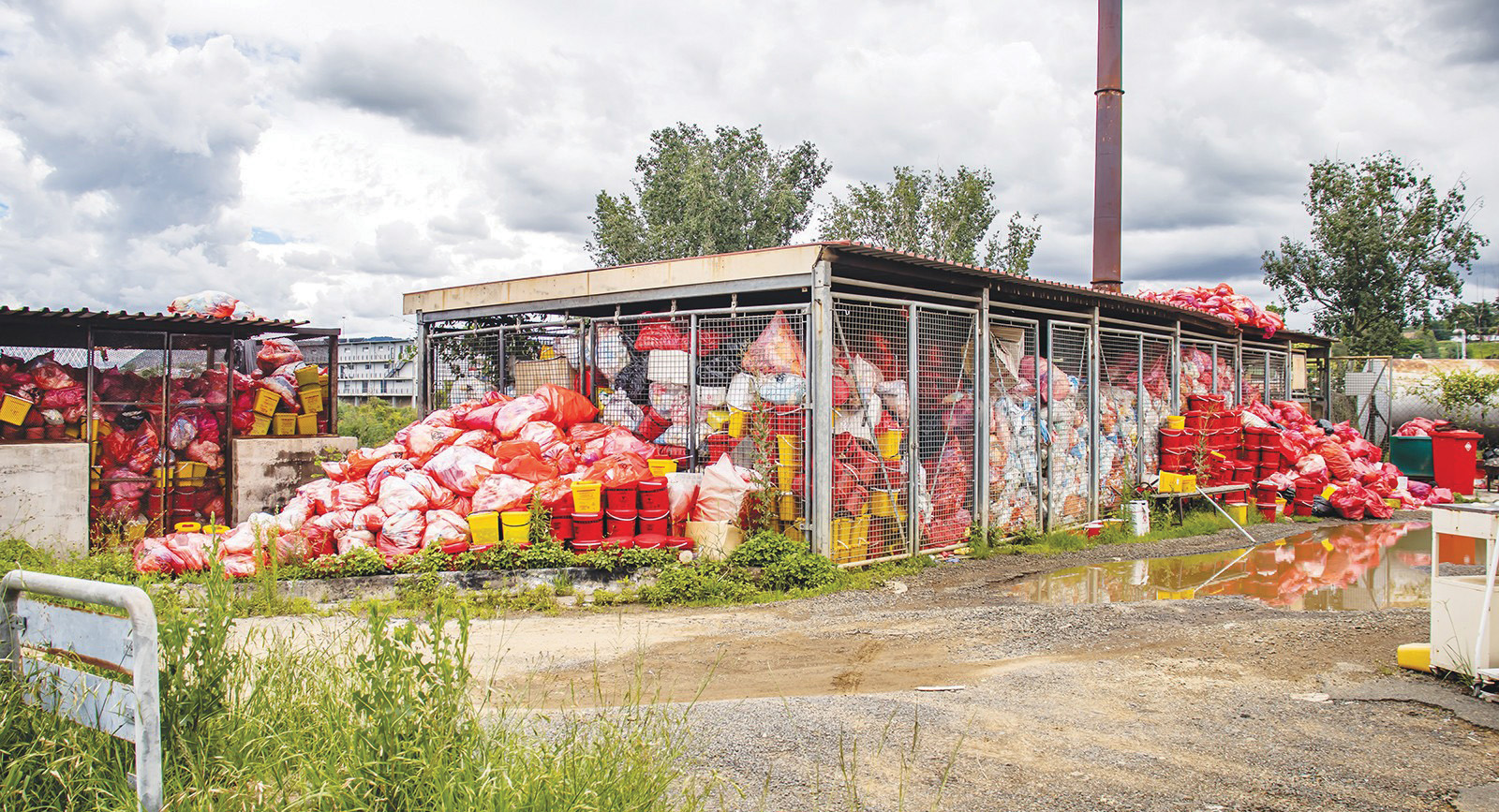
Motebang hospital choked by toxic waste
11 days ago
M260m standards hub stuck in bureaucracy
11 days ago